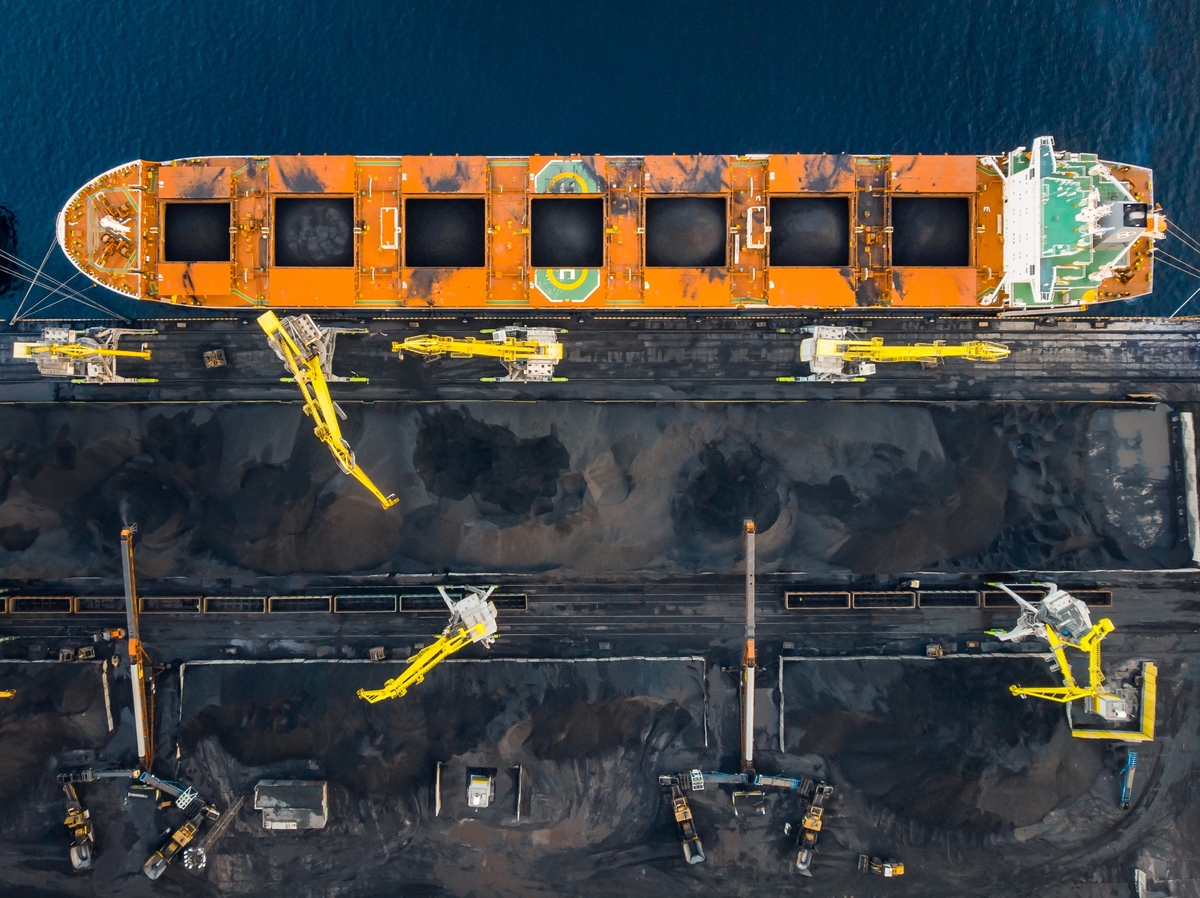
Bernhard Schulte Shipmanagement Takes Delivery of First Methanol Dual-Fuel Bulk Carrier
29 Jan 2026 - News
Published on 20 Jun 2023

After completing loading of coal, a bulk carrier was waiting at anchorage for cargo export documents. The C/O alloted the task of de-rusting and greasing a cargo hold booby hatch dog handles to four crew members.
During greasing, it is suspected that one dog handle fell inside the cargo hold. One AB entered the cargo hold to retrieve the dog handle without wearing a SCBA set. The other three ratings working with him were behind the open booby hatch cover at that time. No one was aware of the AB entering the cargo hold. Soon afterwards, one of the three ratings discovered the AB lying inside the cargo hold on top of the cargo. The ship staff initiated an emergency rescue but could not save the AB.
29 Jan 2026 - News
05 Dec 2025 - News
BSM, in partnership with Schulte Group member OceanOpt, has won the Greenhouse Gas Project of the Year at the IMCA Annual Awards 2025. The ceremony was held during the Global Summit in Kuala Lumpur on 26 November.
05 Dec 2025 - News | Articles | Articles
19 Nov 2025 - News | Articles | Articles
17 Nov 2025 - News | Articles | Articles
27 Oct 2025 - News | Articles | Articles
As the maritime industry accelerates its transition toward sustainable energy solutions, Bernhard Schulte Shipmanagement (BSM) is proud to announce a significant milestone in crew training and safety innovation: the successful launch of bespoke Methanol as Fuel Courses, including the specialised Methanol Firefighting Course, across its global Maritime Training Centres (MTCs).
30 Sep 2025 - News | Articles | Articles
01 Sep 2025 - News
We are thrilled to announce the renewal of our partnership with Treedom, a global NGO dedicated to reforestation and community empowerment. Together, until the end of 2024, we have planted 5,100 trees across 5 countries, absorbing 2,443 tonnes of CO₂, a major step toward a more sustainable planet!
03 Jul 2025 - News | Articles | Articles
02 Jul 2025 - News | Articles | Articles
17 Jun 2025 - News | Articles | Articles
The BSM Hellas Ship Management Centre (SMC) in Greece, proudly marks its 20th anniversary this year.
10 Jun 2025 - News | Articles | Articles
Bernhard Schulte Shipmanagement (BSM) proudly participated in the IMCA Dynamic Positioning Conference 2025, held on 3–4 June in Istanbul, Turkey. This premier global event brought together over 120 professionals from the offshore and maritime sectors, including experts in offshore wind, oil and gas, marine engineering, and vessel design.
27 May 2025 - News | Articles | Articles
05 May 2025 - News | Articles | Articles
16 Apr 2025 - News | Articles | Articles